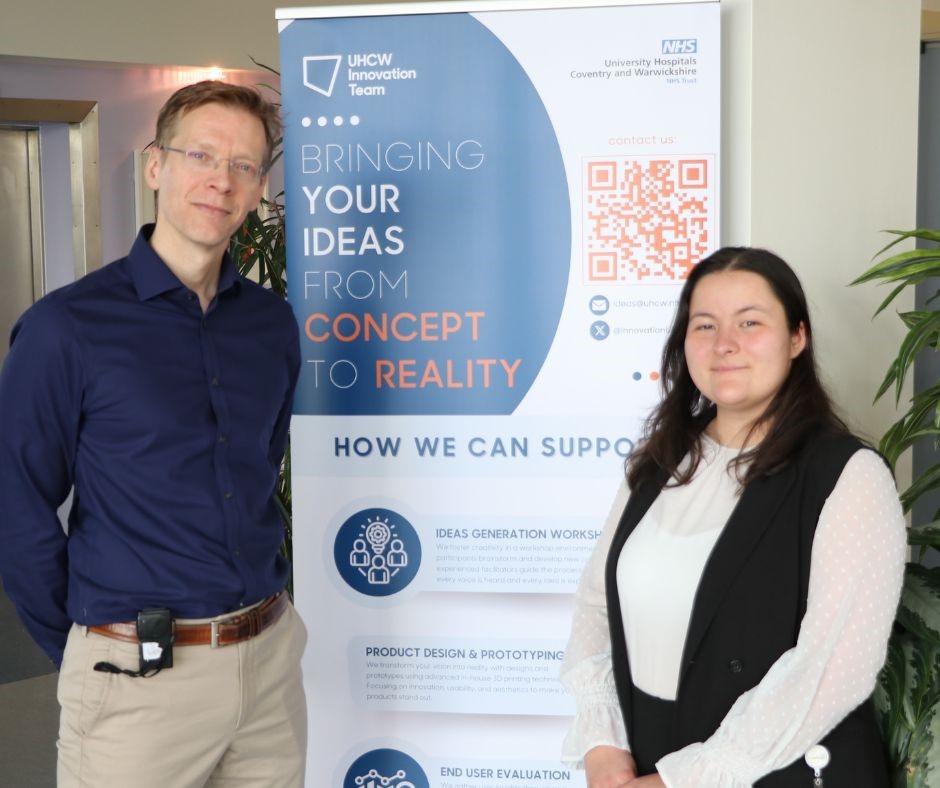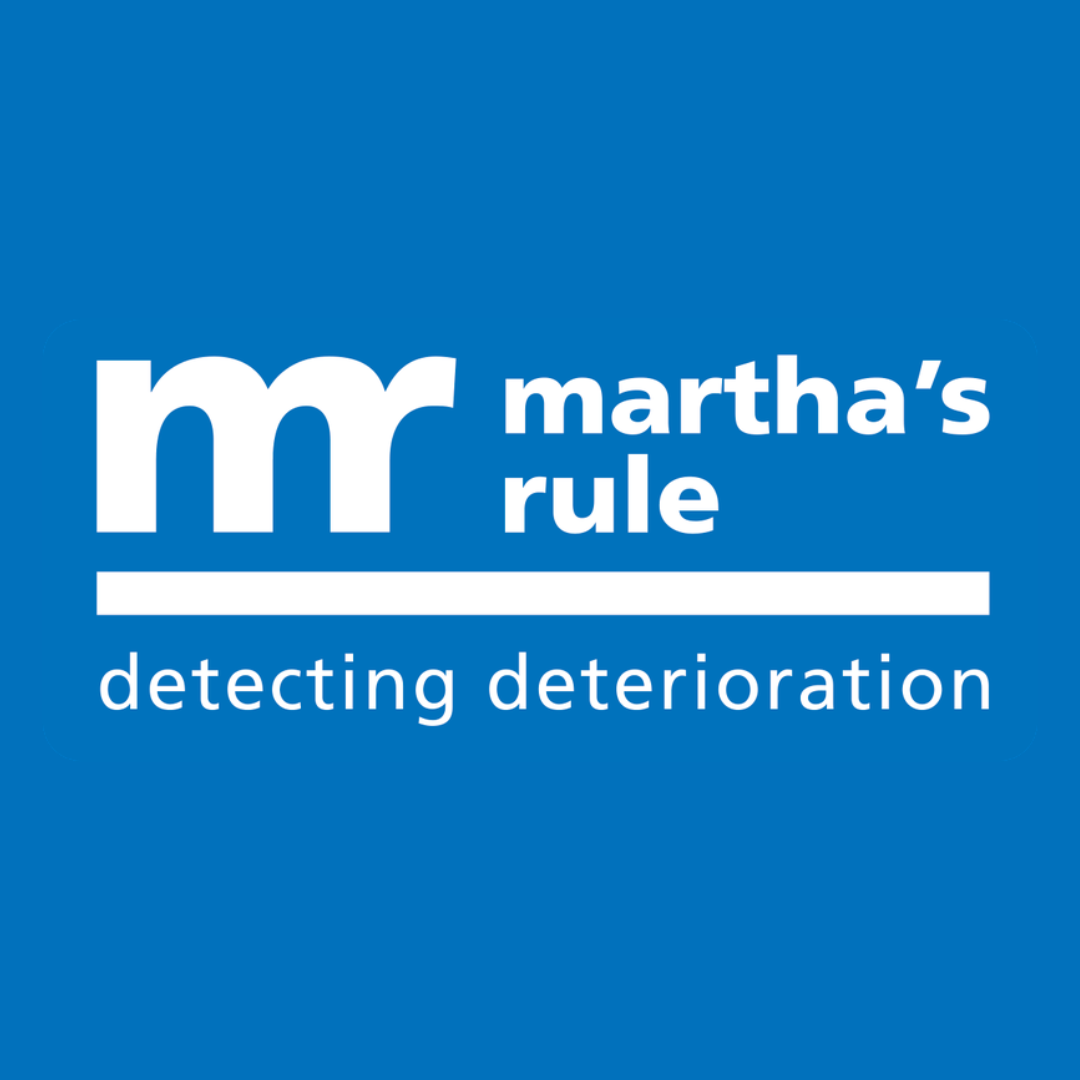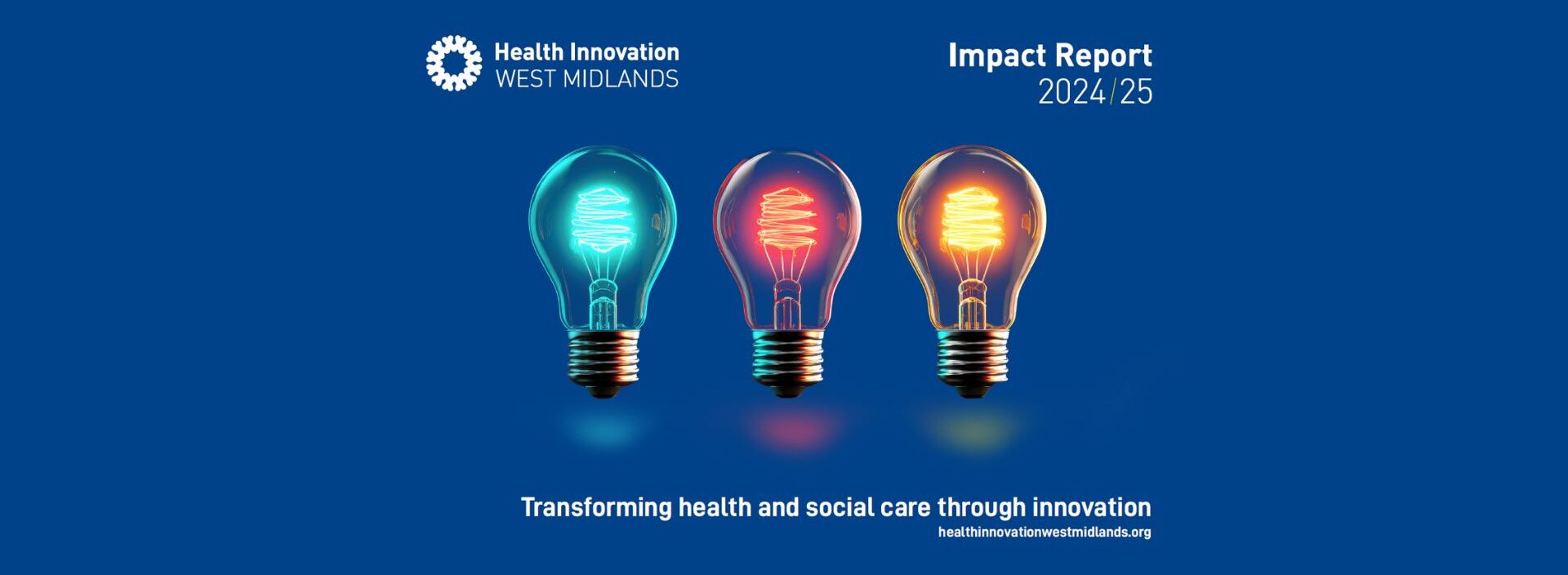Introduction

It is with great pride that we reflect on a transformative year for Health Innovation West Midlands (HIWM). As the organisation at the heart of health and care innovation in our region, we have made significant strides in accelerating the adoption of impactful solutions that improve patient outcomes and drive economic growth.
Over the summer, we welcomed several new appointments to our Management Board to help spearhead our mission to advance transformational health innovations across the region. This 15-member board brings together a wealth of expertise to support our continued commitment to delivering evidence-based innovations that enhance NHS productivity, reduce waiting times, and improve the West Midlands’ overall health and wealth.
This year, we were honoured to showcase our work at the Health Innovation Network parliamentary reception, sponsored by West Bromwich MP Sarah Coombes. The event highlighted how programmes across the 15 national Health Innovation Networks are saving over 100,000 hours of NHS staff time annually. Our partnerships with policymakers, clinicians, and innovators continue to ensure that the benefits of innovation are felt widely and equitably across the West Midlands.
The work of the Health Innovation Networks has gained significant national visibility this year, driven by a renewed focus on the innovation arm of the NHS and alignment with key government priorities. This heightened profile reflects the growing recognition of innovation as a critical enabler of a more sustainable, efficient, and patient-centred healthcare system.
We have strengthened our role as a connector—linking the NHS with academia and industry through initiatives like the Birmingham Health Innovation Campus and the Precision Health Technologies Accelerator. Our involvement in national conversations, such as the Innovation Ecosystem Programme, reinforces our commitment to building a sustainable, innovation-ready healthcare system.
In 2024, the West Midlands was recognised as one of the top three European regions for innovation at the European Capital of Innovation Awards. These awards celebrate cities that have embedded innovation into the daily fabric of urban life, advancing sustainable, inclusive, and resilient communities. This recognition reflects the strength of our regional ecosystem, where academia, industry, and the NHS work together to develop, test, and implement cutting-edge innovations.
We are also proud to share insights and expertise through our growing collection of thought leadership blogs, where we have explored topics such as point-of-care ultrasound scanning, wound care, and cardiovascular disease. These contributions help shape the national conversation on health innovation and share best practices across the system.
We are delighted to welcome Jonathan Pearson as our new Chair and extend heartfelt thanks to Professor Michael Sheppard for his exceptional leadership and service. As we look ahead, we remain committed to fostering a thriving innovation ecosystem that delivers real-world impact for our communities.
Together, we are shaping a healthier, more innovative future.







Case Study Spotlight
Supporting cardiovascular health innovations

Leading implementation of Martha’s Rule in the Midlands (phase 1)

Innovative digital tools transform musculoskeletal care in Black Country

Two West Midlands ICBs lead the way in reducing opioid use to improve patient safety

Sign up for updates
Sign up to our newsletter for the latest updates and news from Health Innovation West Midlands.


